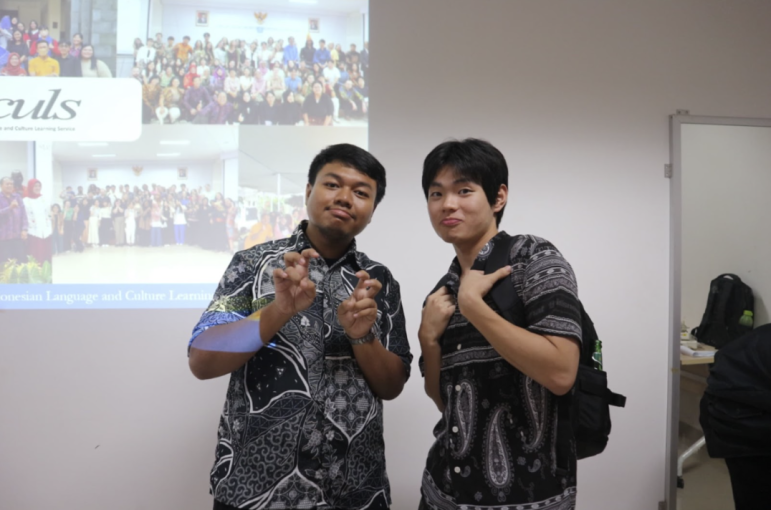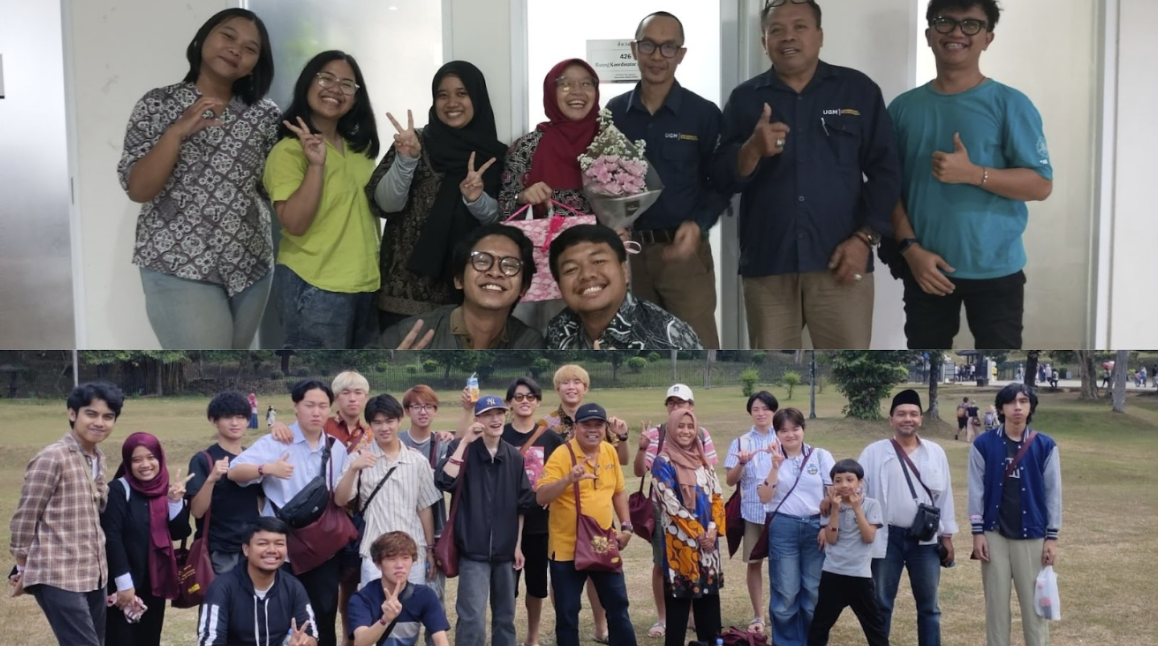
Yogyakarta, 15/05/2025 – INCULS (Indonesia Culture and Language Services) is not only an institution dedicated to teaching Indonesian to foreign speakers but also serves as a strategic platform in supporting Sustainable Development Goals (SDGs). The experience of Rifan Shinji, a 2020 graduate of Japanese Language and Culture, as a tutor at INCULS demonstrates how inclusive and adaptive educational approaches can foster quality education. By prioritizing the needs of international students from diverse backgrounds such as Monash University students who prefer casual conversations or Ritsumeikan University students interested in traditional music, Rifan applies contextual learning methods. For example, UNSW students are taken to museums to understand Indonesian politics, while Kokushikan University students engage directly with local communities to learn about customs. This approach not only strengthens linguistic comprehension but also builds cross-cultural skills, aligning with national principles of education for sustainable development and multiculturalism.

Additionally, INCULS contributes to reducing inequality by implementing principles of equality in learning. Rifan emphasizes that all students are treated fairly without favoritism, even though challenges such as mood differences or language barriers often arise. To address these, tutors use personal approaches, such as sharing meals with students or utilizing translation technology to ensure effective material delivery. However, the fact that all current INCULS tutors are male also highlights potential room for improvement in gender equality, which could be a focus for future development.
On another note, INCULS plays a vital role in preserving and promoting Indonesian culture. Through language teaching, tutors also introduce the richness of Indonesian culture, from traditional music to local customs. Rifan gives examples of how Ritsumeikan students are interested in learning gamelan, while HUFS students are more enthusiastic about discussing Indonesian pop music. This dissemination of cultural knowledge not only enriches the perspectives of international students but also strengthens Indonesia’s soft power diplomacy on the global stage. The impact is multiplicative, as these students will carry their understanding of Indonesia back to their home countries, creating a broader cultural network.
To support this strategic role, Rifan suggests the need for infrastructure development at INCULS, such as constructing a dedicated Indonesian language teaching building. Adequate facilities would allow the institution to enhance teaching capacity and reach more foreign learners. By maintaining teaching quality and expanding collaborative networks, INCULS can continue to be a pioneer in Indonesian language education while contributing to sustainable development. Through a holistic approach combining education, culture, and inclusivity, INCULS proves that language teaching is not merely knowledge transfer but also an investment in global peace and progress.
[INCULS, Thareeq Arkan Falakh]

